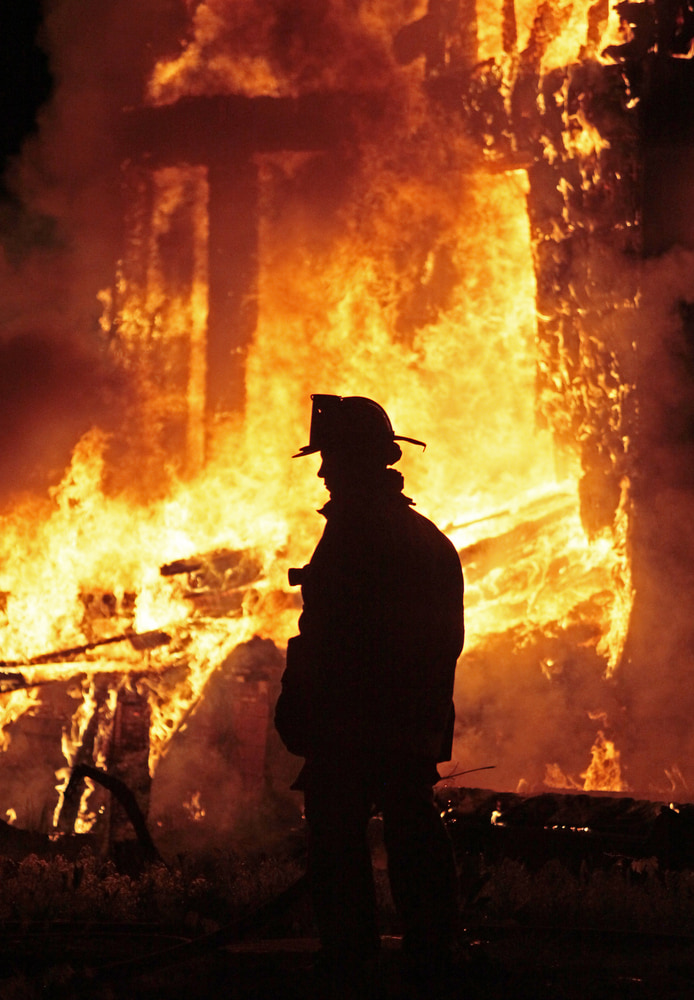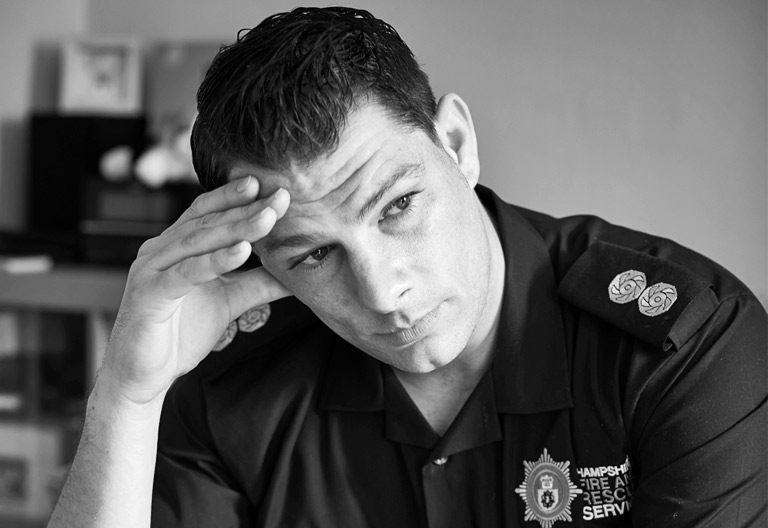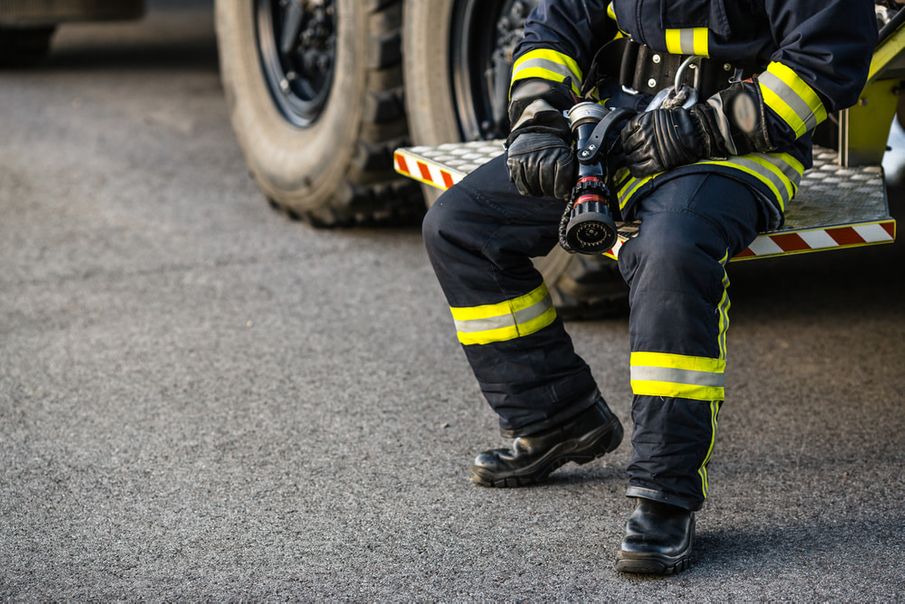1 in 4 people working in the emergency services have contemplated taking their own lives

In 2016 research from the mental health charity Mind revealed devastating statistics concerning "blue light" workers. In a survey of over 1,600 members of staff from the ambulance, fire, and police force, a staggering 92% reported experiencing poor mental health at some point during their time working for the emergency services.
The study also found that:
- 27% contemplated taking their own lives
- 55% sought medical help for their mental health
- 86% agreed there needs to be more emotional support in the emergency services
- 87% believe there needs to be more investment in promoting good mental health
Within the Fire and Rescue Force, the number of staff taking long-term mental health leave has increased by 30% since 2012, rising from 600 to 780 in the past six years. In response to these figures, published by the BBC, the Home Office said it was “the responsibility of fire services to put wellbeing services in place.”
The Fire Fighters Charity provided 992 people with access to face-to-face psychological therapy in 2016 and 2017 alone, and today have announced that they are recruiting for a new mental health role in order to offer a higher standard of psychological support.

Speaking of the position, Dr Jill Tolfrey, Chief Executive of the Fire Fighter Charity, said, “At the launch of our new three-year Strategic Plan in April this year we said that bolstering our mental health support was one of our top priorities. Our decision to recruit into this new role reaffirms our commitment to ensuring that we meet the long term mental health needs of our community effectively and efficiently.”
She continued, “As we demonstrated through our recent mental health awareness campaign – in which we featured the story of firefighter Roger Moore from Coventry, who lives with PTSD – the often traumatic nature of incidents responded to by the fire and rescue service can have a deep psychological impact on those involved, whether working as a frontline firefighter, or as a member of support or control staff, as well as on their families.”
“Once, the faces of nearly every dead person I’d dealt with flashed in front of my eyes"
Former firefighter, Roger Moore, came to the nation's attention in August after opening up about his prolonged battle with PTSD. “Once in the pub the faces of nearly every dead person I’d ever dealt with flashed across the front of my eyes and I burst into tears,” he told the Guardian. “The first time it happened was in Sainsbury’s. I came around with my face in the bread aisle and my fingers in my ears; my body had reacted like a laptop powering down.”
It is hoped that this new dedicated role within the charity will enable them to offer further report to those suffering with the psychological trauma that effects the lives of so many emergency service workers.
“If that was 41,000 broken legs something would have been done by now"
But the Fire Fighter Charity is entirely reliant on donations from the fire and rescue community and the general public, and some people feel it is not the responsibility of charities to offer this support. Sean Starbuck, mental health lead for the Fire Brigades Union, told that Guardian, “If that was 41,000 broken legs something would have been done about it by now.” He continued, “It’s great what the Fire Fighters Charity is doing but it shouldn’t be an issue that is left down to charities to deal with.”
To donate to the Fire Fighters Charity text FIRE to 70660 to donate £5 (texts cost £5 plus your standard network charge) or increase your donation to £10 by testing FIRE£10 to 70660. If you have been affected by PTSD, visit Counselling Directory for more information on finding help.


Comments